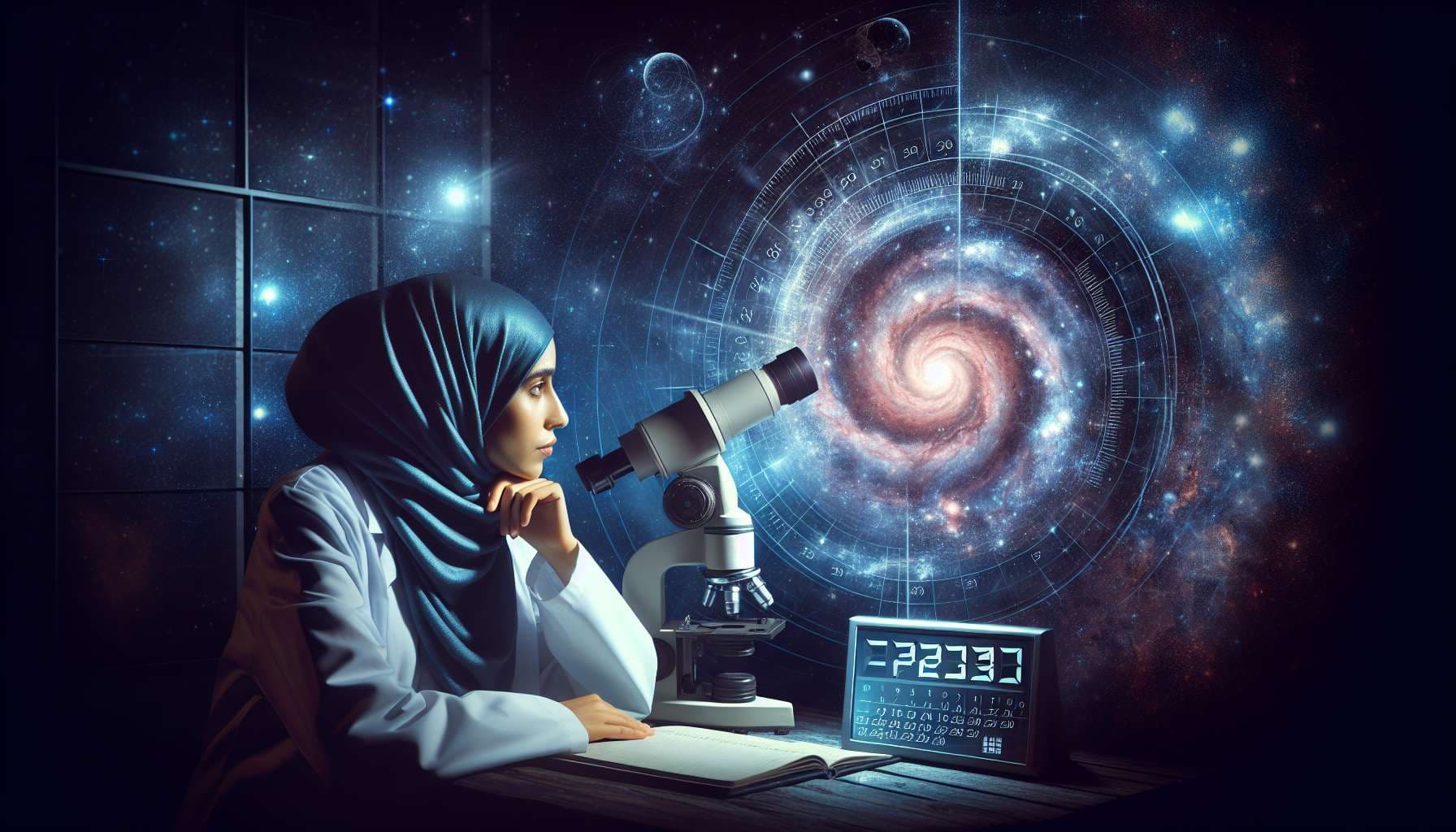
A clear discrepancy arises in measuring the mass of galaxies when measuring only the mass of visible matter. The accelerating expansion of the universe requires that dark energy and dark matter, in some form, must exist. A thorough explanation of what properties are attributed to dark matter and dark energy are present here: https://science.nasa.gov/astrophysics/focus-areas/what-is-dark-energy/
What Is Dark Energy?
More is unknown than is known. We know how much dark energy there is because we know how it affects the universe's expansion. Other than that, it is a complete mystery. But it is an important mystery. It turns out that roughly 68% of the universe is dark energy. Dark matter makes up about 27%. The rest - everything on Earth, everything ever observed with all of our instruments, all normal matter - adds up to less than 5% of the universe. Come to think of it, maybe it shouldn't be called "normal" matter at all, since it is such a small fraction of the universe.
Will we understand the fundamental nature of dark energy by the end of 2030?
A related question:
@TwoDerrick Certainly, right now “dark energy” is just what we call this phenomenon that must exist to explain the accelerating expansion of the universe. This question would resolve to YES if we actually figure out what dark energy is (regardless of what it ends up being) and develop a theory that explains this discrepancy.